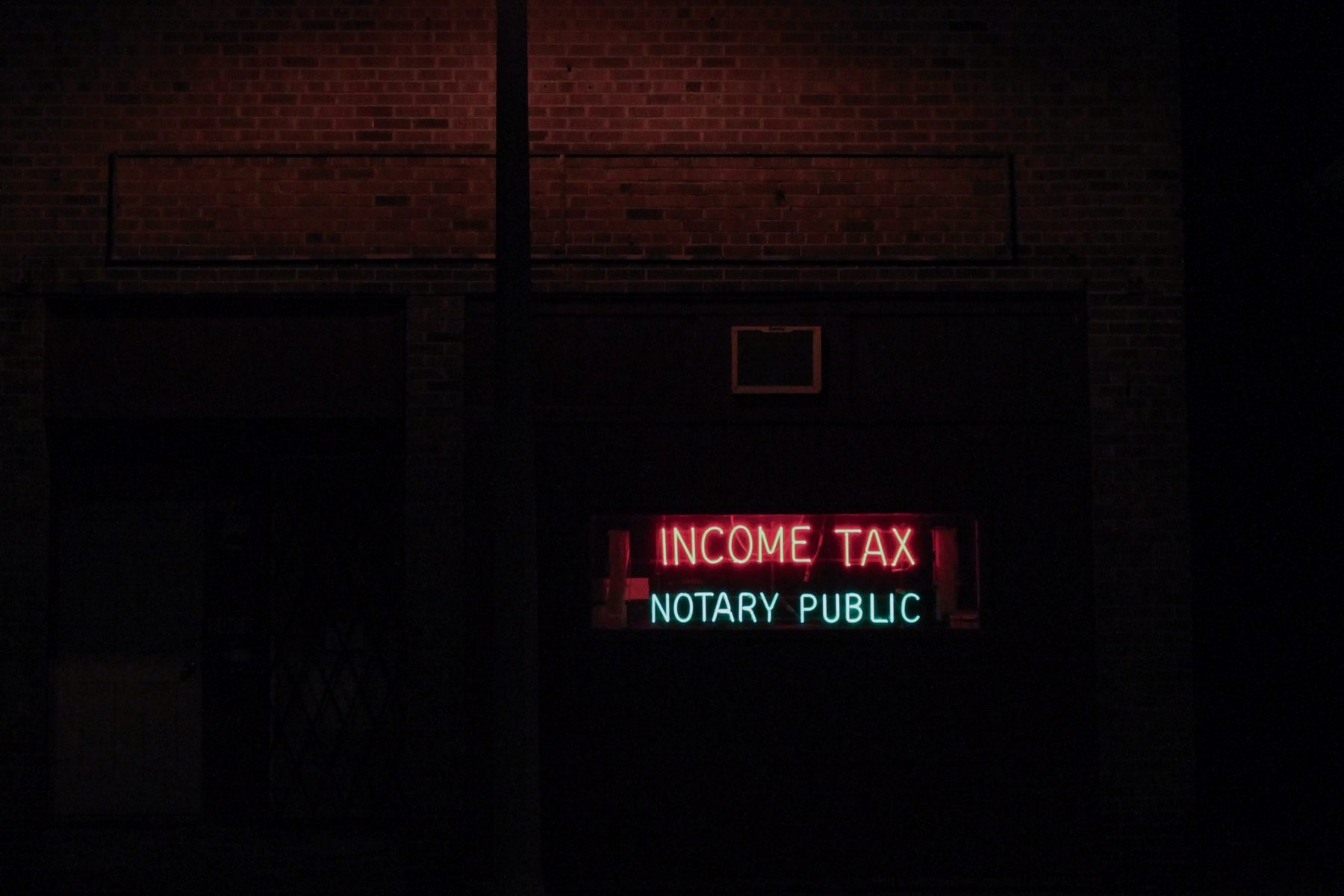We interview an expert on the evidence so far in favor of Universal Basic Income, or the premise that every citizen or resident must receive a set amount of money directly, without conditions, from the state.
How did you first come across the idea of universal basic income (UBI), and what has been your trajectory writing about it?
I was raised by left-of-center liberal Christians whose understanding of Christianity was very much about making the world a better place, which means making it a better place for the most disadvantaged. Growing up, on my 15th birthday in 1980, my family and I were watching a public broadcasting network miniseries called ‘Free to Choose,’ by Milton Friedman, where he discussed his libertarian reform ideas. In that day’s episode, he proposed consolidating all government anti-poverty measures into essentially one program, which he called the negative income tax. This program would provide a floor for everyone's income, no questions asked.
And this floor, if it was high enough, could completely eliminate poverty. It could also end many of the problematic side effects created through the conditions to access social assistance programs. The poor can't get unemployment insurance unless they prove they’re looking for a job. They can't get disability insurance unless they prove they’re unable to work. All this judgment costs money to the state, money that could be going to help people. And, quite often, beneficiaries don’t actually get much. They get ‘judgmental’ solutions that give the poor what others want to give, but not necessarily what they most need.
I was captured by this idea: this is how we help the poor, with no judgement or paternalism. This belief eventually brought me into the UBI movement. UBI has some important differences with the negative income tax, but they’re both attempts to put a floor under everyone’s income without any judgment. I went on to study economics, partly to understand how to make socially progressive policies like UBI workable. I’ve explored the economic, political, and philosophical arguments of why our help to the most disadvantaged should not be subject to the judgment of more advantaged people. Who gave the most privileged, who already control the politics and the economics of the world, the right to judge what the disadvantaged need, and to decide whether they deserve what they need to survive? Discussing UBI reveals many aspects of why nonjudgmental policies are so important.
What are the defining features of UBI, and what are the ground arguments in favor of it?
My forthcoming book (Universal Basic Income: Essential Knowledge, MIT Press 2024) defines UBI by five essential characteristics: it’s periodic, meaning a regular, not a one-time payment; it’s in cash, not housing vouchers or food stamps, but on actual cash one can spend however one wants; it’s individual, paid individually rather than on a household basis, so that no other family member can control each person’s income; it’s universal, given to every member of a political community regardless of existing income or wealth; and it’s unconditional, given to everybody without conditions. In the book, I also review the Alaskan experience, where something similar to UBI has been in place since 1982. Using that evidence, I am currently publishing a series on my blog about mandatory vs. voluntary participation in the economy, and how voluntary participation relates to UBI.
The biggest source of resistance to UBI is a belief that everyone should actively participate in the economy by working. There are many problems with this idea, but I focus on one: that we do not have mandatory participation for everyone right now. The wealthy do not have a responsibility to actively contribute to the economy with their labor; they own assets, and can work if they want, or live off their assets if not. So the mandatory participation requirement only applies to some and not to others, which constitutes a basic unfairness that cannot lay the ground for a work requirement.
Another frequent challenge to UBI is whether it would be too costly. In the United States, the current economic production is double what it was less in the 1970s. It double between 1933 and the 1950s, and doubled again by the 1970s, so that production is now eight times higher than it was during the Great Depression of the 1930s. Between the 1930s and 1970s, wages went up at about the same rate as economic growth. Since the 1970s, however, taxes were raised for lower income people, and lowered for high earners; redistributive programs were cut while public purchases of goods (such as weapons) produced by wealthy government contractors increased. So, although the economy doubled in size in the past fifty years, most of the gains have gone to those who already benefited the most before, the wealthiest 1%. There is plenty of production in the economy to support a UBI, one just needs to tax that 1%. The state needs to reverse the concentration of this enormous growth in wealth for that 1%. Even now, UBI is extremely affordable. I've estimated that the net cost of a UBI set at about the official U.S. poverty line, would be less than 3% of the United States’ GDP.
And what about the relationship between UBI and existing welfare programs?
What would happen to social assistance, broadly understood, if we take up UBI?
UBI can replace some things and not others. Let’s take an example. In the United States, we have ‘food stamps,’ or SNAP: the Supplemental Nutrition Assistance Program. Instead of giving people cash, they get a debit card that can only be used to buy american-grown food. When beneficiaries go shopping, they need to find specific products that they can purchase. Food Stamps are not valid for restaurants, which makes it tough for homeless people, because the most affordable food in stores are canned goods, but they would need a stove to heat it or plates to serve it. So this restrictive program could be replaced with UBI, because UBI would allow beneficiaries to use the cash in the kind of food they want and need.
Similarly, the idea of UBI is not to double the income of somebody who's on unemployment insurance, for example. Unemployment programs grant a temporary cash transfer if one is willing, able, and looking for work. It is helpful for the unemployed, so the idea would not be to double someone’s income through by adding a liveable UBI on top of a liveable Unemployment Insurance payment. Instead, we could top up unemployment insurance with UBI. The same applies to old age pensions. So, for instance, if UBI is 15,000 USD a year, and you're eligible for a Social Security payment of 12,000 USD, your income would go up to 15,000. If you’re eligible for a Social Security payment of 25,000, the UBI would replace the first 15,000, but not those additional 10,000, which one would get on top, so that your income would remain at 25,000 USD. Still, the State saves money by not duplicating those amounts, and does not increase expenses in those areas by replacing the floor income.
UBI cannot replace healthcare or education spending. It cannot replace housing assistance in expensive areas, although it might be able to replace some housing assistance in inexpensive areas. UBI should not be about shuffling around the money we're already giving to low-income people, but making a much higher commitment to creating a society with true social security, where everyone has a secure income.
Existing research generally provides evidence of the positive effects of UBI, but most of the experiences took place in the Global North.
How applicable is this idea in the majority world?
One would think that it would be terribly difficult to introduce UBI in low-income countries because so many of them struggle with high levels of poverty and inequality. But the global South actually has two advantages. One is the low-income segment – because of widespread poverty, ensuring a little bit of income can go a long way. Studies showing that giving as little as USD 0,50 to somebody in rural Namibia can make a major impact on their economic security.
Currently, an American organization called GiveDirectly is testing a major program in Kenya where they're giving a UBI to literally 12,000 people, plus control groups. They´re transferring around 1 USD a day per person to entire villages. And what they're finding is that these very low transfers are making a huge difference in people's lives. A dollar a day across the global South can probably do more good than a much higher UBI in the US or Germany.
The second advantage of countries in the Global South is connected to inequality. Because there is a broad untaxed base, not only of wealthy people, but global corporations that have largely come in and extracted resources, paying very little for them. Those wealthy people and corporations provide an excellent tax base to finance UBI.
The most important drivers of the UBI movement are taking place in the global South right now. Many countries have been reorienting their social security systems toward conditional cash transfers. Obviously, the word ‘conditional’ is in there; these programs are not UBIs, but they are steps in that direction, because the conditions are generally straightforward and easy to fulfil: have health checks, make sure the kids are vaccinated and attend school. And globally, as these conditions are reduced and the benefits increased, so increases also the welfare of beneficiaries. That is, the effectiveness of these programs goes up as they get closer to the UBI model. For instance, we now have more than 15 years of evidence of Brazil’s Bolsa Familia showing that moving in this direction is a good idea.
Header photo by TJ Dragotta - Unsplash








